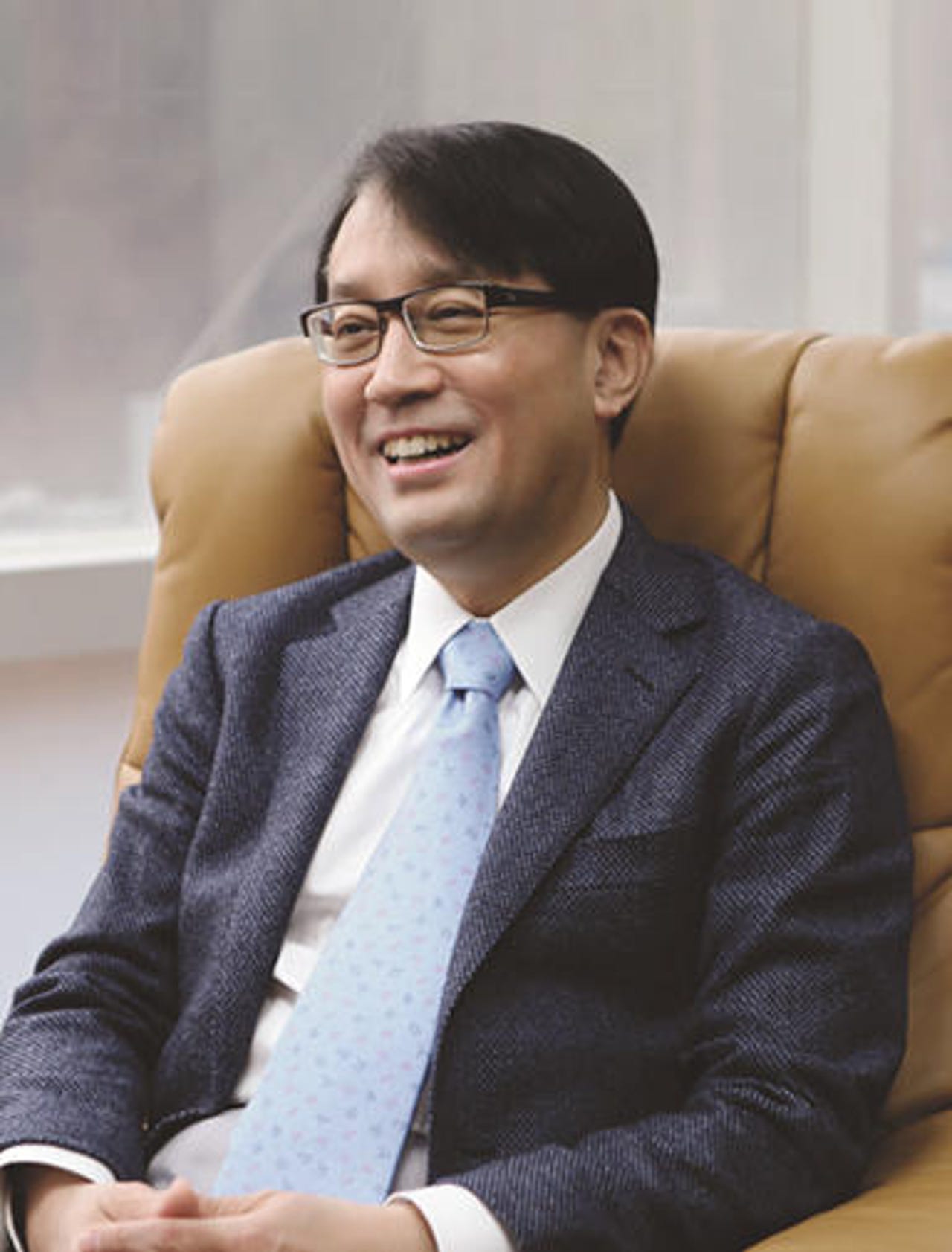Samsung gives 44 research grants for 'frontier technology'


Professor Kim Seong-Keun of Seoul National University was chosen to chair the foundation this week.
The Samsung Science & Technology foundation has announced grants for 44 research projects in "frontier technology". Among the projects receiving grants include DNA sequencing and silicon sensors for the hearing-impaired, it announced.
The research on DNA sequencing is conducted by Professor Lee Ja Yil of UNIST and focuses on repairing chromosomes, while the development of transparent silicon sensors to assist hearing-impaired is being performed by Yonsei University Professor Ki Jun Yu.
This is the first round of grants the foundation has given this year. The foundation gives grants three times a year, one in the first half and two in the second half.
The Samsung-backed foundation was founded in 2013 and vowed to inject 1.5 trillion won for ten years into promising projects. The foundation earmarked 500 billion won for basic science, materials, and innovation areas in collaboration with the Samsung Research Funding & Incubation Center for Future Technology, an incubation arm of Samsung Electronics.
The foundation has so far provided 667 billion won for 517 research products and 8657 researchers.
"We give grants to research that are bold -- the ones we can't predict the results beforehand," said Kim Seong-Keun, Chairman of Samsung Science & Technology Foundation. Kim is a chemistry professor at Seoul National University and a fellow of the Royal Society of Chemistry, and was elected chair of the school this week.
Kim said funding given by the South Korean government and other conglomerates focused on "management" rather than boldness, stressing that Samsung's foundation was different.
"Inevitably, managing projects were a priority for South Korea because we were a fast-follower. But the foundation's goals are not focused on 'managing' projects. Instead, we are funding on projects with high risk and high impact," he said.
The foundation is currently looking to expand its support in the areas of future technologies, such as artificial intelligence, Internet of Things, and 5G, Samsung said. This year, more focus has been added to consumer robots, computing and system architecture, health care, disruptive semiconductor materials, and next-generation displays, Samsung added.
Last week, Samsung's 5G network went live to claim the 'world's first' title. The country's traditional industries such as construction, heavy industry and steel are all in decline and the government is hoping for new growth in services atop the next-generation network.
RELATED COVERAGE
Samsung begins OLED production for Galaxy Fold
Samsung Display has begun mass production of the foldable OLED panels that will go into the Galaxy Fold smartphone.
Samsung Q1 profit to see shock 60% decline
Samsung Electronics expects operating profits of 6.2 trillion won for the first quarter of 2019, a steep 60% drop from a year ago and the South Korean tech giant's lowest in ten quarters.
Samsung begins mass production of its own 5G chips
Samsung has begun mass production for its 5G chips as it attempts to have an early impact in the shaping the next-generation network.
Samsung Galaxy S10 5G reportedly launching April 5
The Korea Herald has reported that Samsung's 5G smartphone will launch on April 5 without pre-orders.
Samsung Galaxy S10 5G: A cheat sheet (TechRepublic)
Samsung's new flagship Galaxy S10 lineup includes an upcoming 5G version.